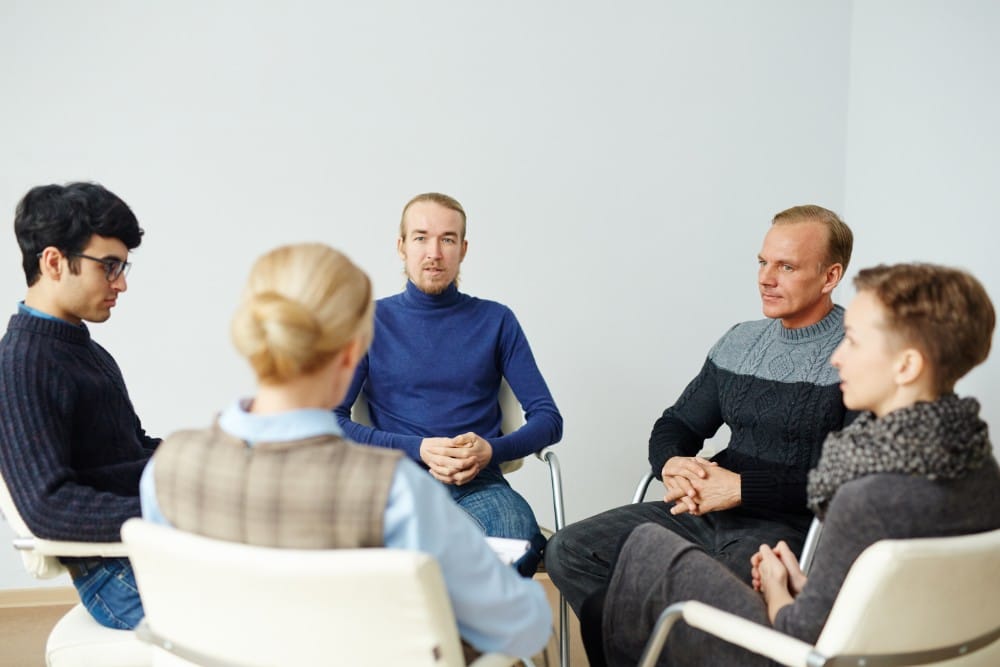
How Does NAD Therapy Help with Withdrawal?
In the world of medicine, addiction is difficult to treat. It is such an individualized thing that it has no one concrete response. While addiction science has come a long way, there are many questions to answer about how it all works together. Addiction was thought of as a failure of willpower. The view shifted to realize the facets of neurobiology involved and people’s thinking changed. Find out more about therapeutic support that came with this shift and how it supports people in withdrawal today.
Brain Health
There has been a recent push to incorporate holistic health methods like yoga and meditation into treatment. These concepts seem to sidestep the most important factor. Brain health is an integral part of successfully treating addiction and co-occurring disorders. When someone is addicted to drugs or alcohol, their brain undergoes a series of changes. While the effect is different, most drugs encourage the release of neurotransmitters in the brain, causing neurons to fire differently. New neural networks are formed in the amygdala. This becomes responsible for higher thought and decision-making. Many modern detox programs don’t take these factors into account of how neurotransmitters play a role in addiction.
NAD Therapy
NAD stands for Nicotinamide Adenine Dinucleotide. It is a coenzyme existing in almost all cells in the body. Found naturally in the body, the enzyme is useful for helping break down and metabolize carbohydrates, amino acids and fats for energy. NAD levels can be depleted for a variety of reasons, including sustained substance abuse. Detox has been focused on the body only but NAD therapy goes further by helping people through unpleasant withdrawal symptoms in a way that doesn’t rely just on medication. The therapy boosts mitochondria in a person’s cells faster than standard detox. It helps because it is rapid and people see results more quickly.
NAD Therapy and Other Techniques
While the story may seem too good to be true, the truth is NAD therapy on its own is not sufficient to treat addiction. There are other services as well to help people ease into recovery. No two programs are alike. Treatment is concerned with regular IV-based infusions of NAD solutions, other methods include holistic treatments including Reiki and acupuncture sessions, too.
NAD therapy is not a cure all. Like any other therapeutic method, it depends on how a person heals best what will work for them. There is plenty of use for other methods in a person’s recovery journey. This is one of many that may be helpful for people who struggle with addiction.
The Palmetto Center is based on a Therapeutic Community model. We help people learn how to live free of addiction. Our community support provides structure while trained counselors offer life skills training and therapeutic techniques to help you move past addiction. Our program provides special focus for professionals including chiropractors, nurses, doctors, lawyers, and more who need help with addiction recovery. Call us to find out more: 866-848-3001.